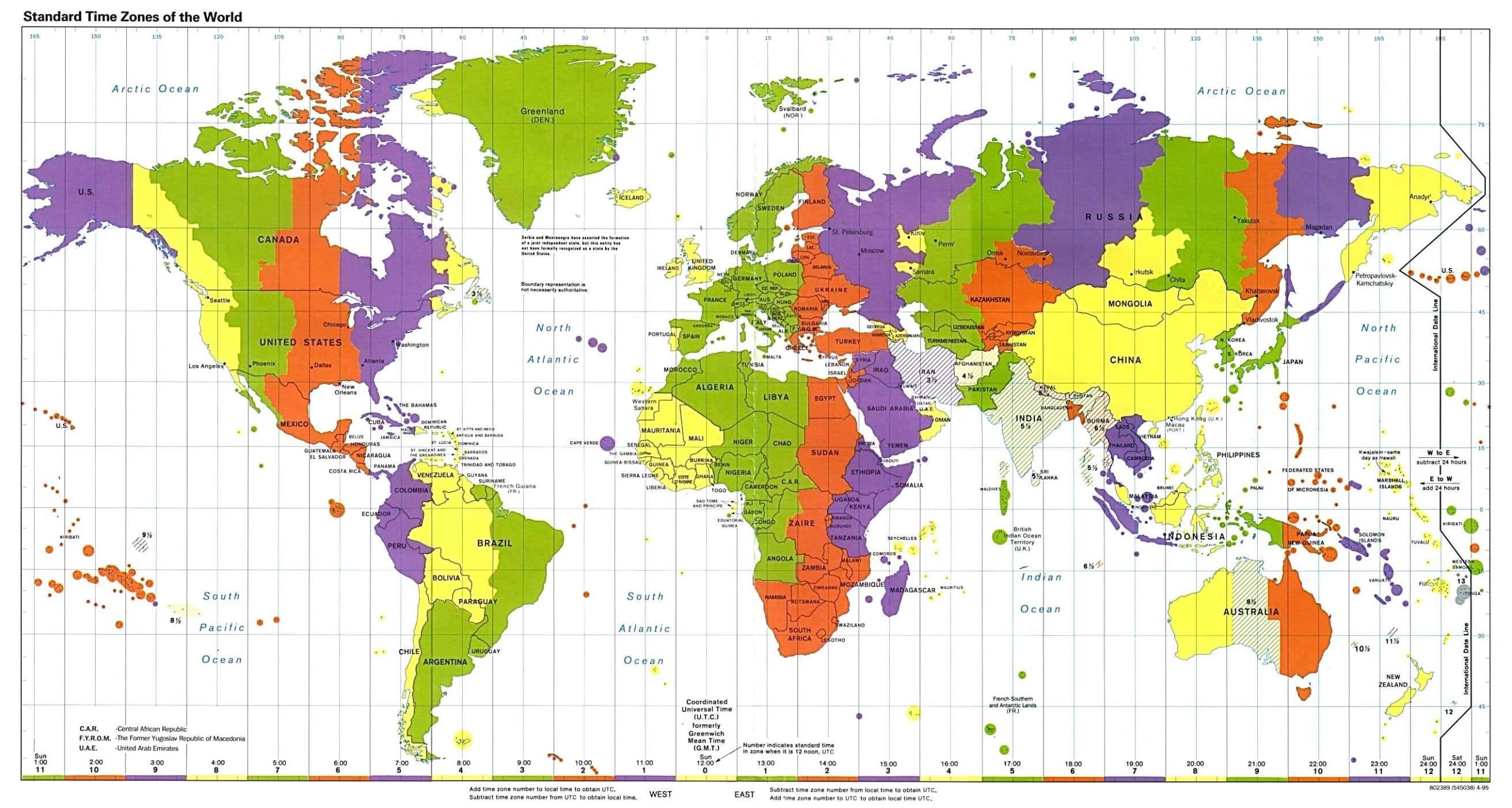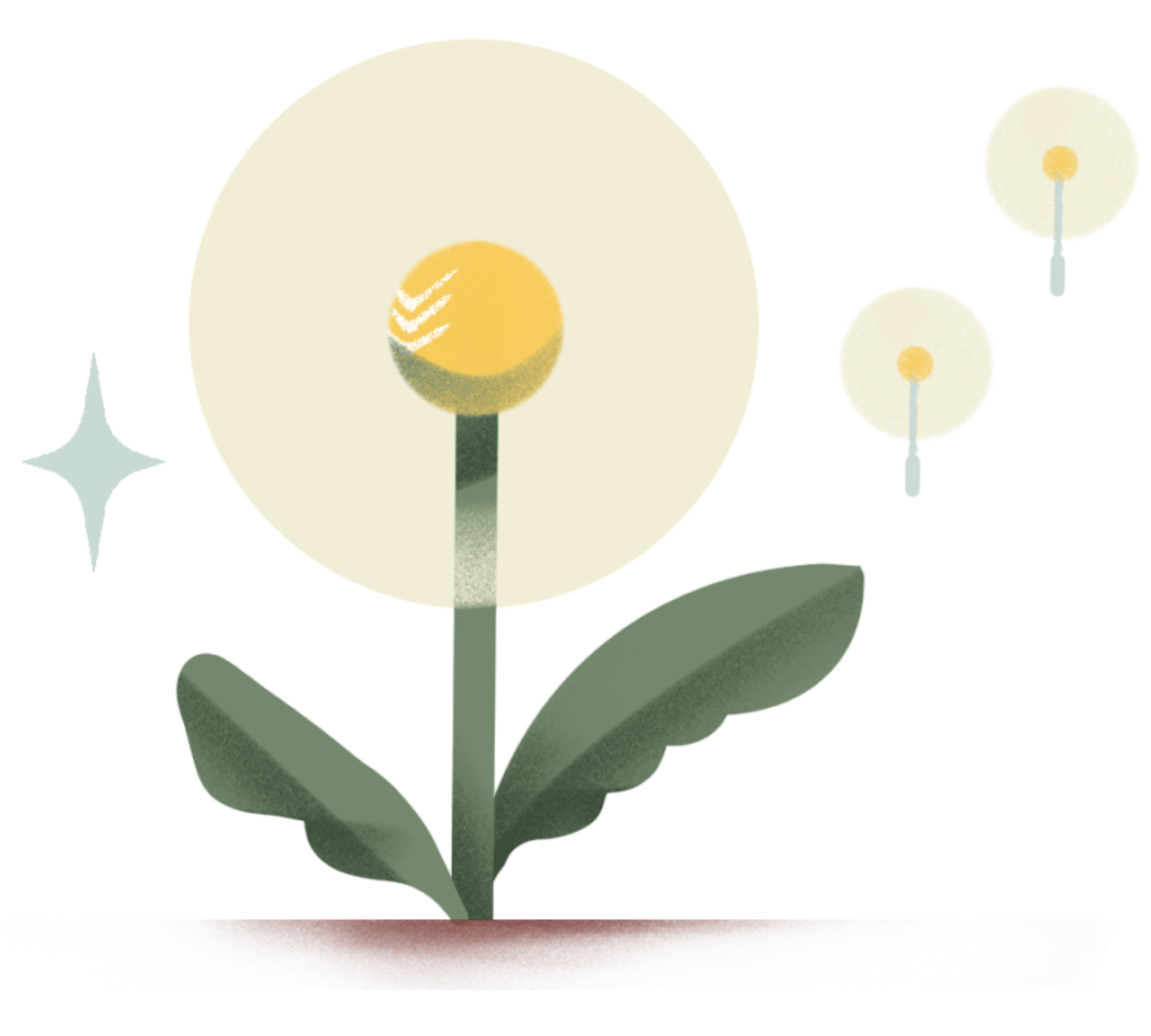It’s something you probably don’t take into account when thinking of your daily tasks and how you’re going to manage them. It’s not even something you can necessarily control (unless you want to move!)– so how does your timezone affect your productivity? And what can you do about it?

If you live in the United States, your productivity could vary depending on the region in which you reside. According to a study, people in the Central and Mountain time zones are 4% more likely to be awake at 7:00am and 3.5% more likely to be at work by 8:00am. It may sound insignificant, but the difference is quite paramount– people in those regions are reported to be more productive.
On the other hand, if you live in the Pacific time zone, you are 5% more likely to be awake at 7:00am than people in the Eastern zone (do early morning conference calls ring a bell?!). Researchers also found that, while people in the Eastern timezone started work later than those in the Central, Easterners were more likely to work over lunch, thus erasing possible productivity gaps. Interestingly, a study conducted in Indiana from 1997 to 2006 found a clear correlation between the local time policy and students’ SAT scores, showing that students in Day Light Savings Time scored lower.
If you’re in Europe, it’s probable that you’ve heard of Spain’s attempt to change their time zone in order to increase productivity. The Spanish Government’s commission states that Spaniards “sleep almost an hour less than the World Health Organization recommends,” due to the fact that they should be in the same time zone as the UK and Portugal, and not in Central European Time as they currently are (a decision made by Franco in 1942).
It’s widely known that little sleep correlates to lost productivity, absenteeism, stress and accidents and, in Spain, their “timetable is determined more by the sun than by the clock. We eat lunch at 1:00pm and dinner at 8:00pm according to the sun, but the clock says it’s 3:00pm and 10:00pm,” says the commission.
Russia, which recently reduced its time zones from eleven to nine has also recently settled the debate over standard versus daylight saving time by adopting permanent daylight saving time for all nine of its revised time zones. Another interesting example is in Chile– they use the time zone to the east of their designated standard time and adopt daylight saving time for an extended period each spring and summer in an effort to conserve energy.
3 ways to increase productivity, regardless of your time zone
- Find and respect your most productive time of the day: A new study shows that people are their most productive at 10:01am on Monday mornings– does that ring true to you? It’s important to recognize your peak hours in order to properly arrange your daily schedule and to-do list around those times.
- Use music to boost your productivity: Though your time zone may require sunglasses until 9:00pm or all lights in the office turned on at 4:30pm, you can use music to your advantage to help you power through your tasks. In this study, people who listened to music finished their assignments more quickly and proposed better ideas– we like to recommend Focus@Will.
- Make your to do lists work for you: No matter what your time zone, it’s important to always find a minute to make a task list (using Todoist, of course!). But you must make your to do list work for you– break your big items into sub-tasks, color-code your tasks to give your brain a break, and even try and make your tasks more emotional– it’s guaranteed to increase productivity.
Have you ever felt that your time zone either helps or hinders your productivity? Let us know in the comments– we’d love to hear from people around the world!

